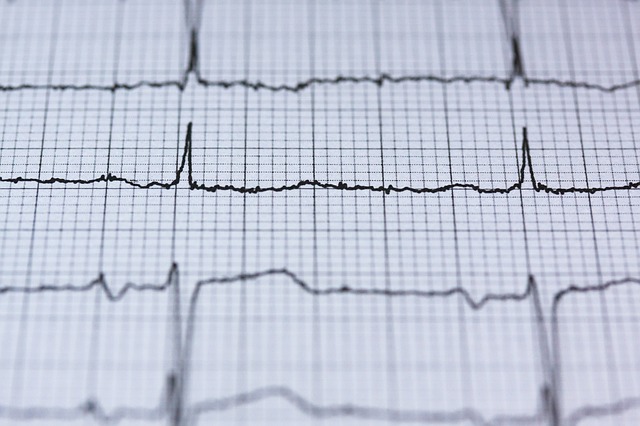
As if facial recognition and digital fingerprinting weren’t scary enough, the Pentagon has reportedly developed a method for remotely identifying and tracking people through their heartbeat.
Heartbeats are as unique and distinctive as fingerprints, but are distinct in that they can be read from a distance. And it’s this that the Pentagon is taking advantage of, according to a report in the MIT Technology Review.
Developed to identify combatants in war zones, the idea is to listen in to those unique cardiac signatures using an infrared laser. Unlike other identification methods like facial recognition, it’s impossible to disguise a heartbeat in any way. The laser method also works through clothing at a distance of up to 200 meters (219 yards). In the future, this range could be extended to be even longer.
“I don’t want to say you could do it from space,” Steward Remaly of the Pentagon’s Combating Terrorism Technical Support Office told the MIT Technology Review, “but longer ranges should be possible.”
The infrared laser listening prototype is called Jetson, and it works using a technique called laser vibrometry. It measures vibrations from a surface by examining the Doppler shift of reflected laser beams, and it can detect heartbeats by measuring the movement on the surface of the body caused by the heartbeat. This means the technique allows reading of heartbeats through thinner clothing like shirts, but not thicker clothing like coats.
The researchers working on the project say that detecting cardiac signatures is more accurate than facial recognition, which is plagued by problems especially when trying to identify faces of women or people of color. Remaly says that the cardiac signatures method of identification has a 95% accuracy rate, which is certainly impressive.
A limitation of the technology, however, is that it needs a database of cardiac signatures to match detected signals to individuals. The Pentagon already collects biometric data in areas like Iraq and Afghanistan, so it may now start collecting cardiac signature information to this list as well.
Although the developers of the technology say it has many other uses, like helping doctors detect heart problems in patients remotely, it is also a chilling reminder of just how impossible it is to escape surveillance in our modern society.



